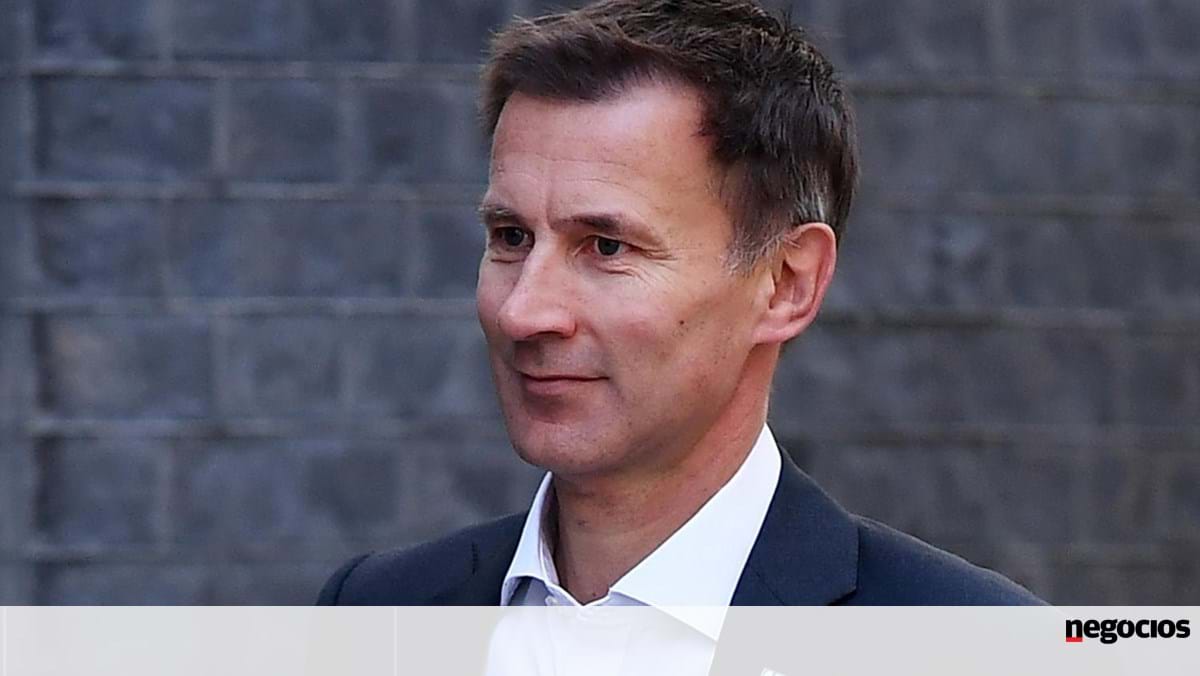Britain's finance minister presented the extraordinary budget measures, known as the Autumn Statement, to MPs on Thursday.
The UK presented its extraordinary budget to MPs on Thursday, its second in as many months and Jeremy Hunt's first. The goal is Reducing debts and balancing public accounts.
Regarding taxes on excess profits, from January 1 until March 2028, the tax on oil company profits will rise from 25% to 35%. The British Finance Minister announced, “We also decided to impose a new, temporary tax of 45% on electricity generators. Together, these taxes will allow us to collect 14 billion pounds sterling next year,” noting that this new rate will come into effect. On the first day of 2023.
“We have presented a plan to confront rising prices and rebuild our economy. Our priorities are stability, growth and public services. We also want to protect the most vulnerable groups,” he began by saying about the person in charge of financing. Jeremy Hunt revealed that the latest forecasts now point to a 1.4% contraction in GDP next year, in contrast to the “forecast” issued in March, which indicated growth of 1.8%.
As expected, Hunt announced a tax increase, but stressed that this was a “balanced plan to achieve stability.” According to the minister, the measures introduced by the government to reduce public spending and increase taxes by 55 million pounds (63 thousand euros) “will help reduce inflation sharply from the middle of next year.”
Jeremy Hunt's extraordinary budget comes after a period of great instability, due to the 'mini-budget' of kwasi Kwarteng, Finance Minister Liz Truss – who resigned after just 44 days in office.
Below are some of the measures provided:
Increase the tax on oil company profits from 25% to 35%;
A temporary 45% tax on electricity generators starting in 2023;
The abolition of stamp duty continues until March 2025;
The IRS lowers the threshold for the highest tax: the aim is to reduce the amount to which the 45% rate applies, from £150,000 to £125,140. With this change, those earning more than £150,000 a year will pay around £1,200 extra a year;
There are two new budget targets: the first is that public debt in GDP must decline within five years. The second is that the deficit remains less than 3% of GDP in the same period;
The annual capital gains exemption has more than halved: from £12,300 to £6,000 next year, and £3,000 in April 2024;
Government increases health share by £3.3bn;
Increase pensions in line with inflation in April – which will translate into an increase of £870;
Tax relief on dividends is low. If anyone who has yet earned up to £2,000 in profits has not paid tax, rates will apply from next year from £1,000, and in April 2024, from £500.
(News updated at 12:51 p.m.)

“Writer. Analyst. Avid travel maven. Devoted twitter guru. Unapologetic pop culture expert. General zombie enthusiast.”

